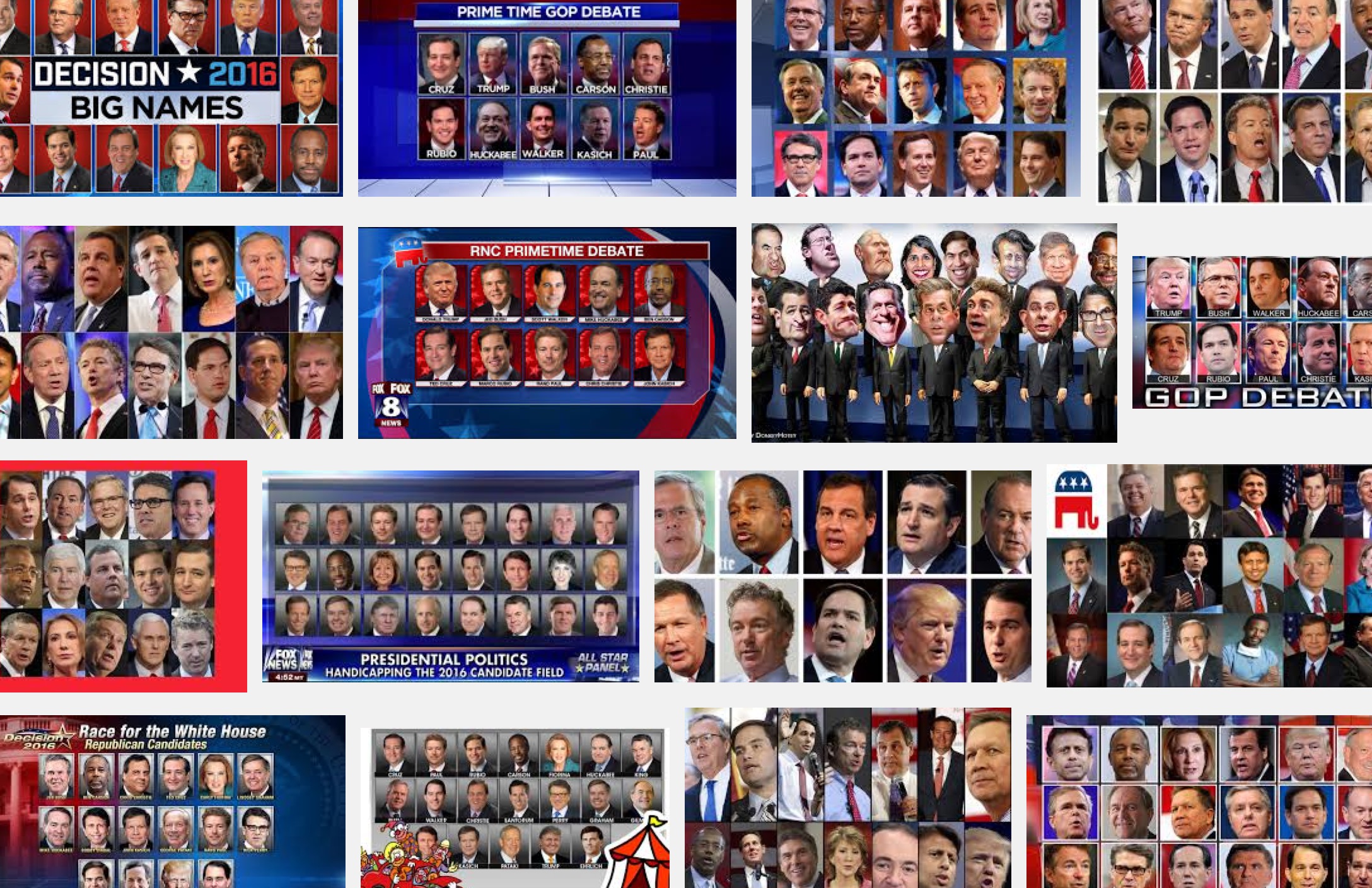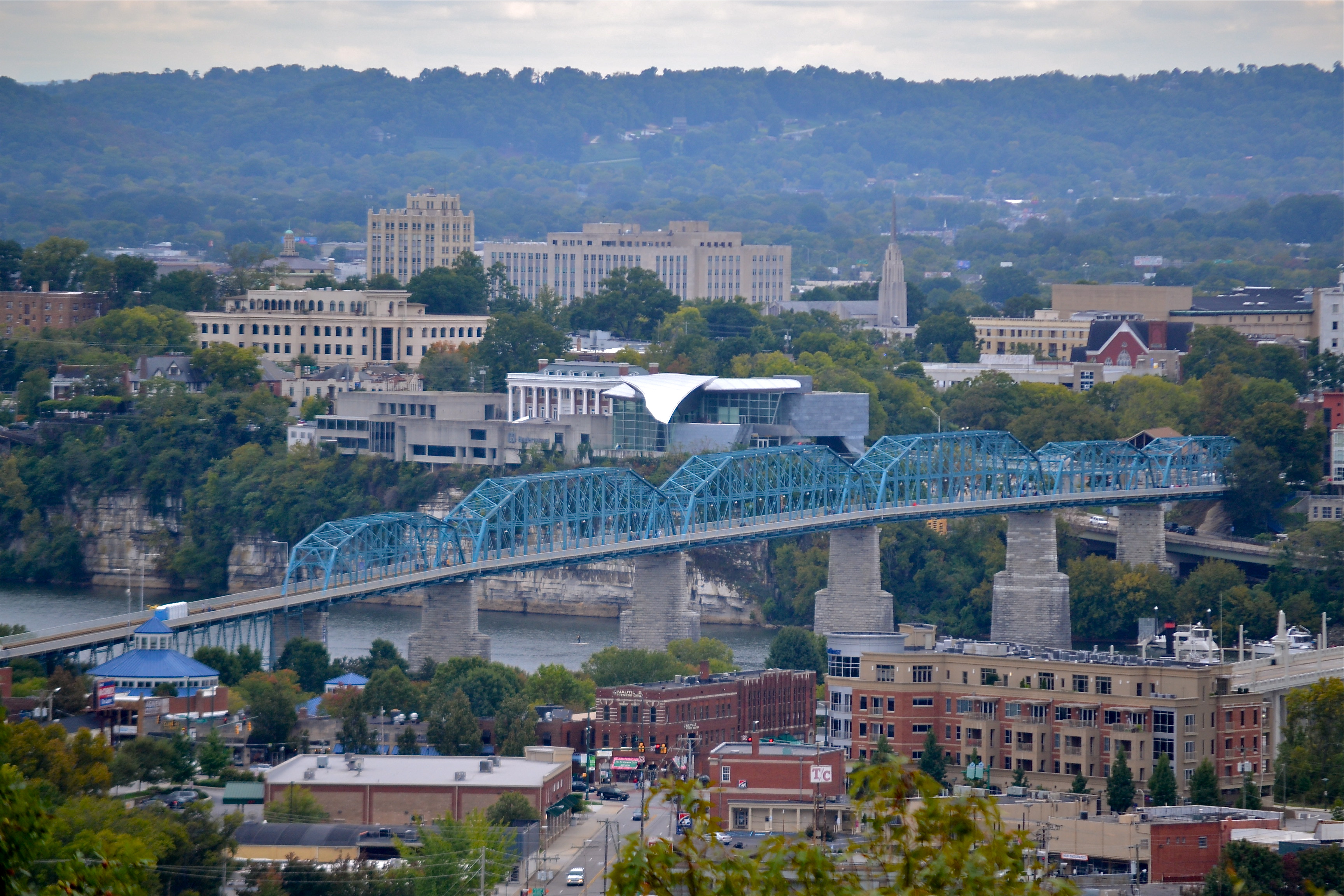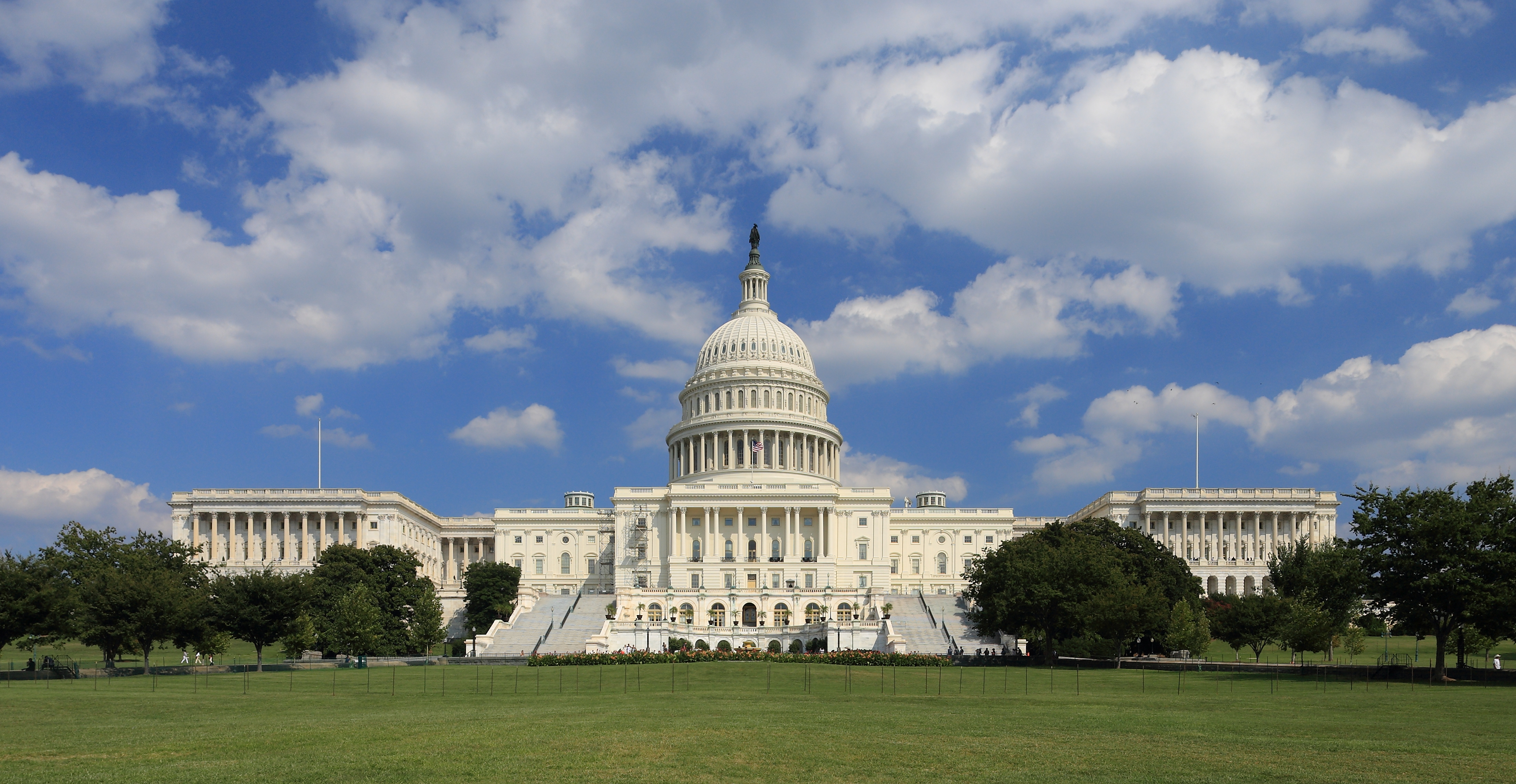You know that something’s up when the Wall Street Journal begins running op-ed columns that question capitalism. Has even the WSJ now realized that American capitalism thrives by two sets of rules: one for the rich socialists, the crony capitalists who manipulate markets (and politics), invent loopholes, skirt regulation, and place enormous bets with others’ wealth; the other, for the poor capitalists, who innovate, work hard and create tangible value.
Now even Bill Gates — the world’s richest citizen — tells us that only socialism can address climate change! It’s clear that the continued appeal of Bernie Sanders to those on the political left, and the likes of Ben Carson and that-other-guy-with-the-strange-hair-and-big-mouth-and-even-bigger-ego to those on the right, highlights significant public distaste for our societal inequality and political morass. At times I feel as if I’ve been transported to a parallel universe, a la 1Q84, where the 99 percent will rise and finally realize meaningful change through social and economic justice. Can it really happen?
Nah! It’ll never happen. The tentacles that connect politicians and their donors are too intertwined; the pathways that connect the billionaires, oligarchs, plutocrats and corporations to lobbyists to regulators to lawmakers are too well-protected, too ingrained. Until these links are broken the rich will continue to get richer and the poor will continue to dream. So, for the time being remember: the rich are just too big to fail.
From the WSJ:
If you want to find people who still believe in “the American dream”—the magnetic idea that anyone can build a better life for themselves and their families, regardless of circumstance—you might be best advised to travel to Mumbai. Half of the Indians in a recent poll agreed that “the next generation will probably be richer, safer and healthier than the last.”
The Indians are the most sanguine of the more than 1,000 adults in each of seven nations surveyed in early September by the market-research firm YouGov for the London-based Legatum Institute (with which I am affiliated). The percentage of optimists drops to 42 in Thailand, 39 in Indonesia, 29 in Brazil, 19 in the U.K. and 15 in Germany. But it isn’t old-world Britain or Germany that is gloomiest about the future. It is new-world America, where only 14% of those surveyed think that life will be better for their children, and 52% disagree.
The trajectory of the world doesn’t justify this pessimism. People are living longer on every continent. They’re doing less arduous, backbreaking work. Natural disasters are killing fewer people. Fewer crops are failing. Some 100,000 people are being lifted out of poverty every day, according to World Bank data.
Life is also getting better in the U.S., on multiple measures, but the survey found that 55% of Americans think the “rich get richer” and the “poor get poorer” under capitalism. Sixty-five percent agree that most big businesses have “dodged taxes, damaged the environment or bought special favors from politicians,” and 58% want restrictions on the import of manufactured goods.
…
Friends of capitalism cannot be complacent, however. The findings of the survey underline the extent to which people think that wealth creation is a dirty business. When big majorities in so many major nations think that big corporations behave unethically and even illegally, it is a system that is always vulnerable to attack from populist politicians.
John Mackey, the CEO of Whole Foods, has long worried about the sustainability of the free enterprise system if large numbers of voters come to think of businesses as “basically a bunch of psychopaths running around trying to line their own pockets.” If the public doesn’t think business is fundamentally good, he has argued, then business is inviting destructive regulation. If, by contrast, business shows responsibility to all its stakeholders—customers, employees, investors, suppliers and the wider community—“the impulse to regulate and control would be lessened.”
Read the entire column here.


 It’s rather simple in theory, and only requires two steps. Step 1: Follow the lead of a city like Chattanooga, Tennessee. Step 2: Tell you monopolistic cable company what to do with its cables. Done. Now you have a 1 Gigabit Internet connection — around 50-100 times faster than your mother’s Wifi.
It’s rather simple in theory, and only requires two steps. Step 1: Follow the lead of a city like Chattanooga, Tennessee. Step 2: Tell you monopolistic cable company what to do with its cables. Done. Now you have a 1 Gigabit Internet connection — around 50-100 times faster than your mother’s Wifi.